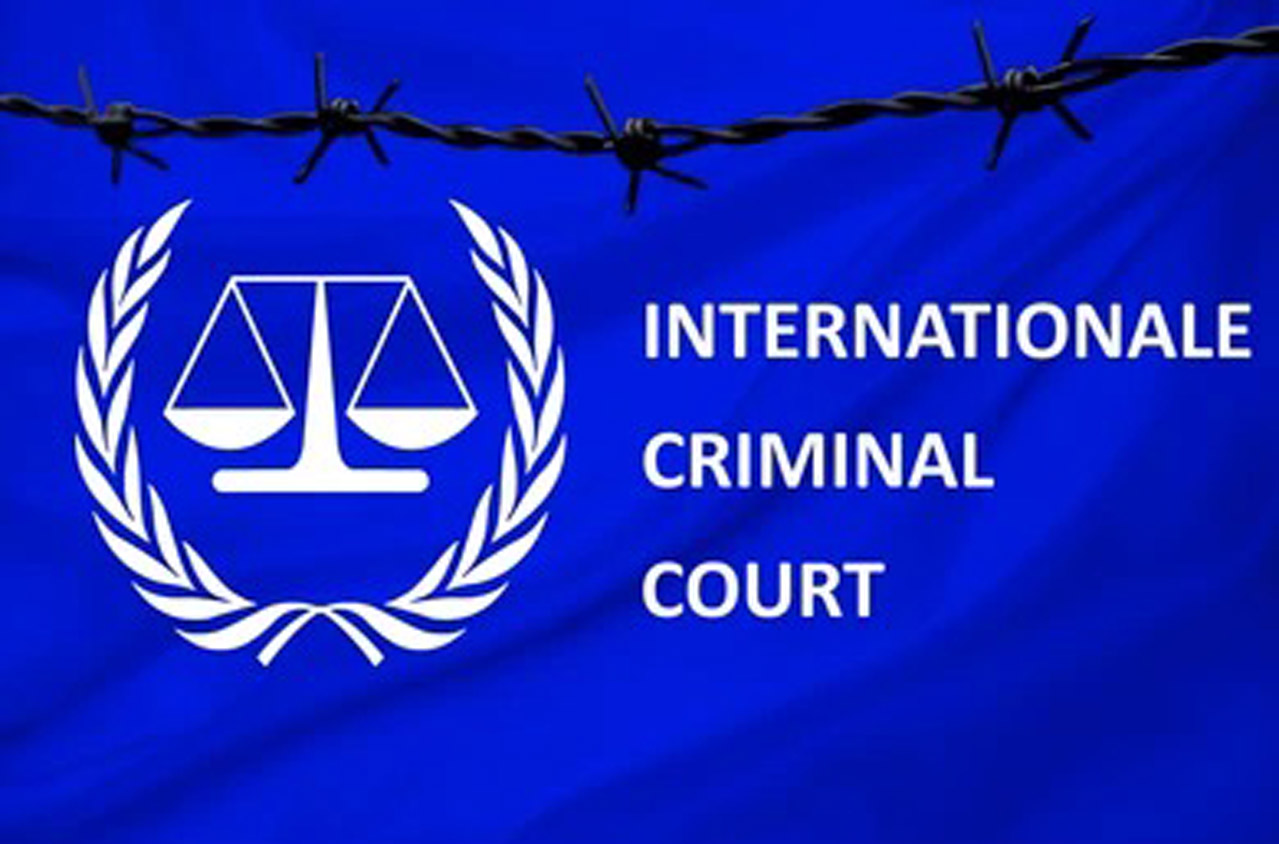The International Criminal Court (ICC) is conducting a landmark investigation into the military-led atrocities against Myanmar’s Rohingya Muslim minority, focusing on allegations of genocide, ethnic cleansing, and crimes against humanity. Beginning in 2017, the Myanmar military’s brutal crackdown led to the displacement of over 700,000 Rohingya, many of whom fled to neighboring Bangladesh. Reports of mass killings, sexual violence, and destruction of villages have horrified the international community and brought the Rohingya crisis to the forefront of human rights concerns. However, Myanmar’s refusal to cooperate with the ICC presents significant challenges to the investigation. As Myanmar is not a signatory to the Rome Statute, the court’s jurisdiction stems from the fact that part of the alleged crimes occurred in Bangladesh, a member state. This has sparked debates on the limits of international justice, particularly in situations where the targeted state refuses to acknowledge the court’s authority. The investigation also raises questions about the effectiveness of international law in protecting vulnerable populations. With limited enforcement mechanisms and reliance on state cooperation, the ICC faces obstacles in holding perpetrators accountable. Despite these challenges, the investigation into Myanmar is crucial, as it highlights the ongoing struggle to achieve justice for the Rohingya people and the broader issue of accountability for mass atrocities.
This case is a critical test for the ICC’s ability to operate in non-cooperative environments and secure justice in the face of sovereignty disputes. Its outcome could have lasting implications for international law, especially regarding the protection of stateless and persecuted populations.
Author: Ms. Hiya Sharma, student Geneva School of Diplomacy and International Relations
Disclaimer – The views and opinions expressed in the commentaries/blogs/articles are those of the authors and do not necessarily reflect the official policy or position of the Forum for Global Studies.

